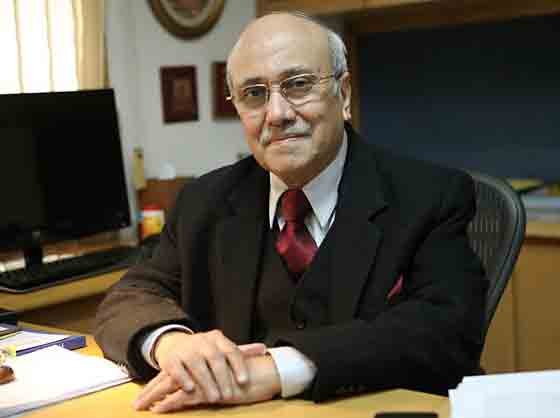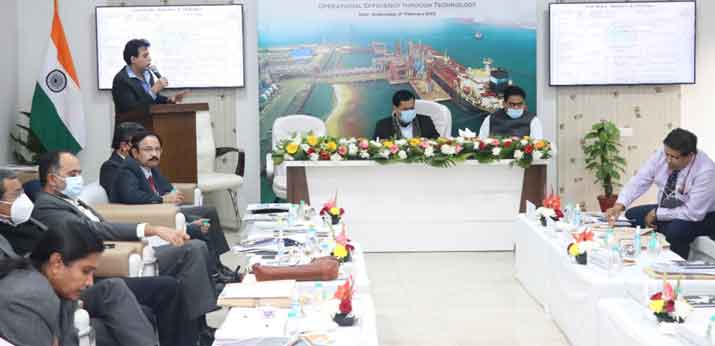INVC NEWS
 and the National Health Authority (NHA) to extend the government’s mega health insurance scheme, Pradhan Mantri Jan Arogya Yojana (PM-JAY), popularly known as the Ayushman Bharat to cover the road accident victims in the country.“Annually, about 1.47 lakh people get killed in road crashes in the country and more than 470 lakh people get injured . India accounts for more than 11 per cent of the global road accident fatalities. India is also a signatory to the United Nation’s Decade of Action for Road Safety which aims to reduce road fatalities by 50% by the year 2020. “ said Mr K K Kapila, Chairman , International Road Federation (IRF) in a statement today.
and the National Health Authority (NHA) to extend the government’s mega health insurance scheme, Pradhan Mantri Jan Arogya Yojana (PM-JAY), popularly known as the Ayushman Bharat to cover the road accident victims in the country.“Annually, about 1.47 lakh people get killed in road crashes in the country and more than 470 lakh people get injured . India accounts for more than 11 per cent of the global road accident fatalities. India is also a signatory to the United Nation’s Decade of Action for Road Safety which aims to reduce road fatalities by 50% by the year 2020. “ said Mr K K Kapila, Chairman , International Road Federation (IRF) in a statement today.“The increase in road accidents comes amid growing concerns that significant proportions of victims of road accidents in the country do not receive timely and appropriate medical care and do not even have ambulances for transport to hospitals.
“Given the shortages of ambulances, trained staff, infrastructure, systems and processes for providing emergency response services within the golden hour, the provision of first aid and trauma care to accident victims is often unduly delayed. The results of these delays reflect in higher traffic accident fatality rates, especially in low-income countries. These fatality rates can be reduced if appropriate and prompt first aid and trauma care is provided at the accident site itself” said Mr Kapila,
“The road accident victims if given cover under the Prime Minister’s health scheme – Ayushman Bharat will help in reduction of road accident deaths in a big way as well help the injured. IRf suggests that the funds to the scheme could be derived from one time tax on purchase of vehicles like trucks, buses and cars well as imposing cess on petrol/diesel earmarked for this activity” Mr Kapila said.
“IRF also urges the Ministry of Road Transport and Highways (MoRTH) and National Highway Authority of India (NHAI) to include Rs 6,000/- per Km an estimated fund for training of bystanders , truck and bus drivers for First Aid and Trauma care as they are the first ones to witness the road accident” Mr Kapila said.
“Any Built Operate and Transfer (BOT) or Hybrid project under MoRTH or NHAi as part of the Concession Agreement should include that the Concessionaire will train Bystanders along the road stretches under their project” he added.
“It is important to create an enhanced capacity and infuse the knowledge of road safety related actions in public bystanders, road side facilities such as dhabas and amongst commercial truck drivers, who are most often the first on the accident sites and are first responders” he said.
















